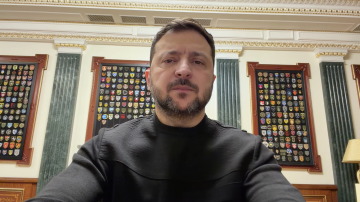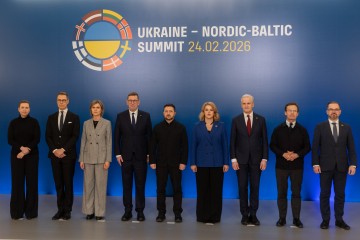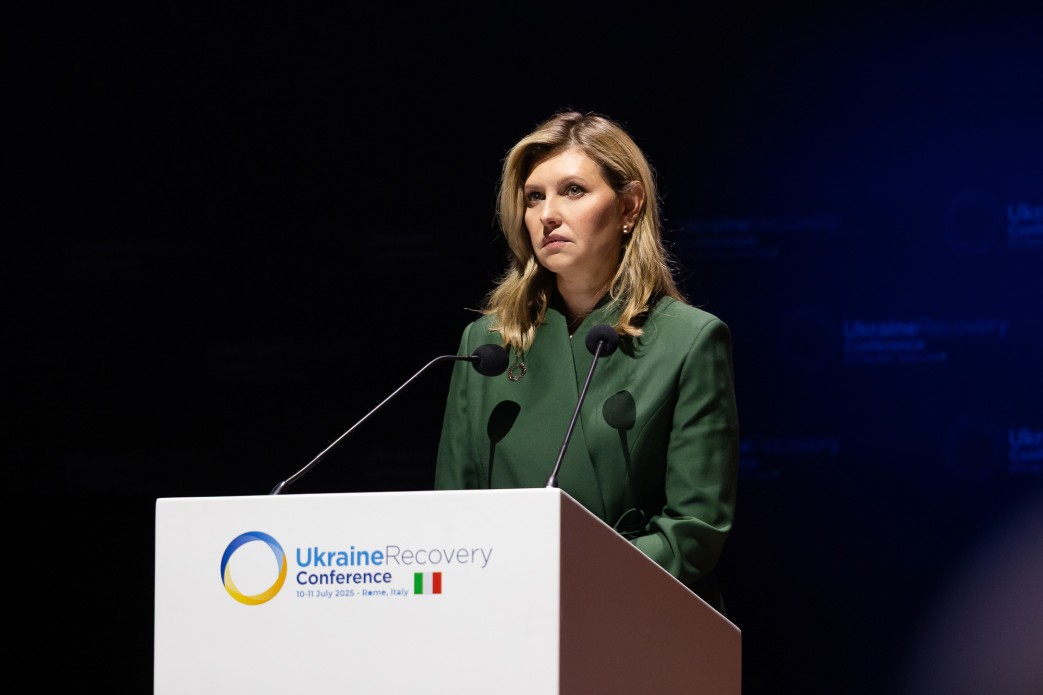People must be at the center of all recovery processes in Ukraine. First Lady Olena Zelenska emphasized this during her speech at the Ukraine Recovery Conference (URC2025) in Rome.
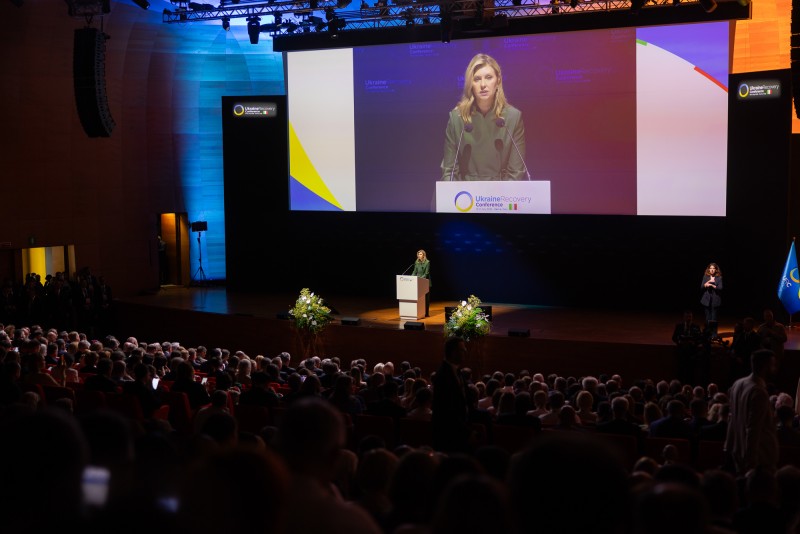 The conference focuses on four key pillars: business, people, regions, and Europe. The President's wife focused on the human aspect in her speech.
The conference focuses on four key pillars: business, people, regions, and Europe. The President's wife focused on the human aspect in her speech.
“Buildings can be rebuilt. But nothing will bring back the lives taken by the aggressor. Today, I want to emphasize this above all else: what matters most in rebuilding any country is its people. Buildings without people, enterprises without people, a country without people – that is not a country. It is a memorial,” Olena Zelenska said.
The First Lady noted that Ukraine sees recovery primarily as the creation of the best possible conditions for people, and she outlined the areas of recovery she is personally involved in as First Lady.
The All-Ukrainian Mental Health Program “How Are You?” is among such initiatives. More than 120,000 healthcare workers have completed basic training in providing psychological support. Physical rehabilitation is also advancing, with over 11,000 professionals currently involved.
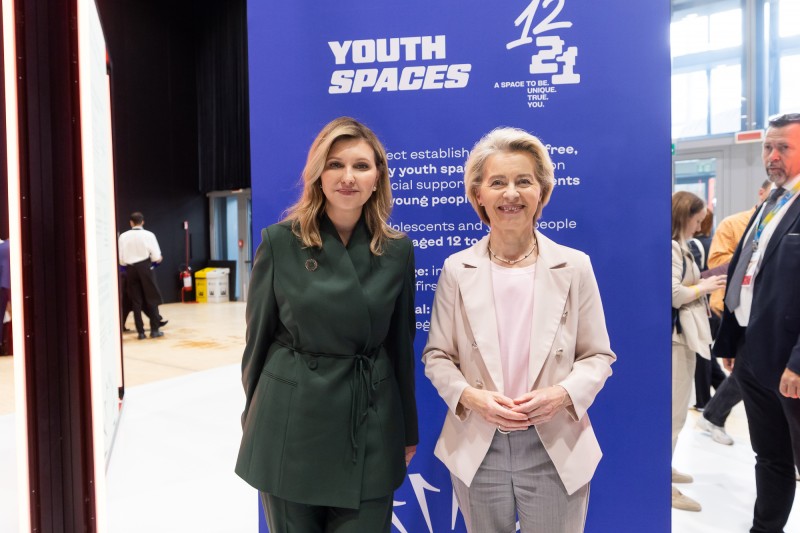 As part of the school nutrition reform, more than 1,000 kitchens have been renovated, over 6,000 school cooks have undergone training, and more than 1.5 million Ukrainian children receive free hot meals at school every day.
As part of the school nutrition reform, more than 1,000 kitchens have been renovated, over 6,000 school cooks have undergone training, and more than 1.5 million Ukrainian children receive free hot meals at school every day.
The continuous accessible education program provides for the construction of 200 schools in shelters and shelters themselves in Ukraine.
Olena Zelenska also emphasized the importance of the National Barrier-Free Strategy.
“Our special expectation today is the signing of Ukraine’s associated membership in the ESF+, which will help modernize employment legislation. Ukraine will also present the Human Capital Resilience Charter and the results of the first year of the Skills Alliance for Ukraine, which has retrained 275,000 Ukrainians,” she added.
In addition, the First Lady noted that the Olena Zelenska Foundation is presented for the first time at URC and invited participants to visit its information stand.
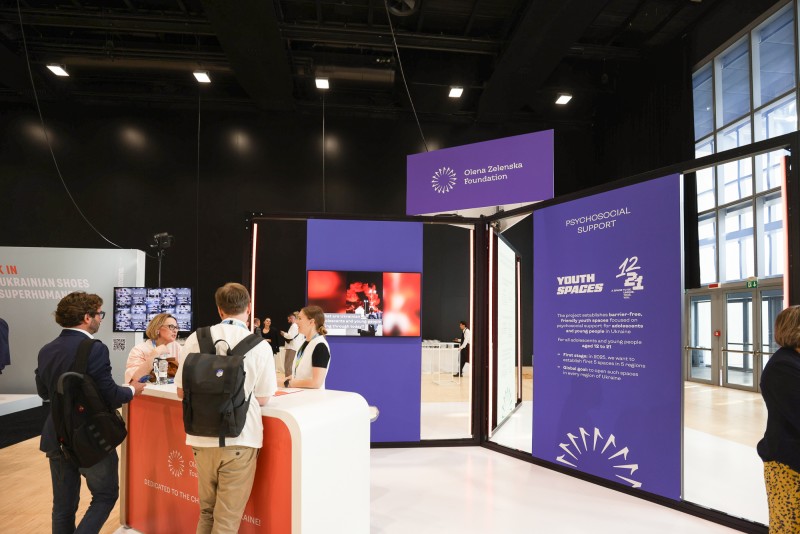 The Foundation showcased key results of its work and outlined priority goals to support children, adolescents, and youth in three core areas: the development and support for family-based care, access to education and development, and psychosocial support.
The Foundation showcased key results of its work and outlined priority goals to support children, adolescents, and youth in three core areas: the development and support for family-based care, access to education and development, and psychosocial support.
Special attention was given to the Foundation’s new psychosocial support project – “12–21” Youth Spaces. The project aims to create barrier-free and accessible youth spaces in Ukraine where everyone can receive free and confidential individual or group psychosocial support, career counseling, and opportunities for meaningful leisure.
The Foundation plans to open the first five of these spaces this year in five regions of Ukraine, with further expansion planned nationwide.


